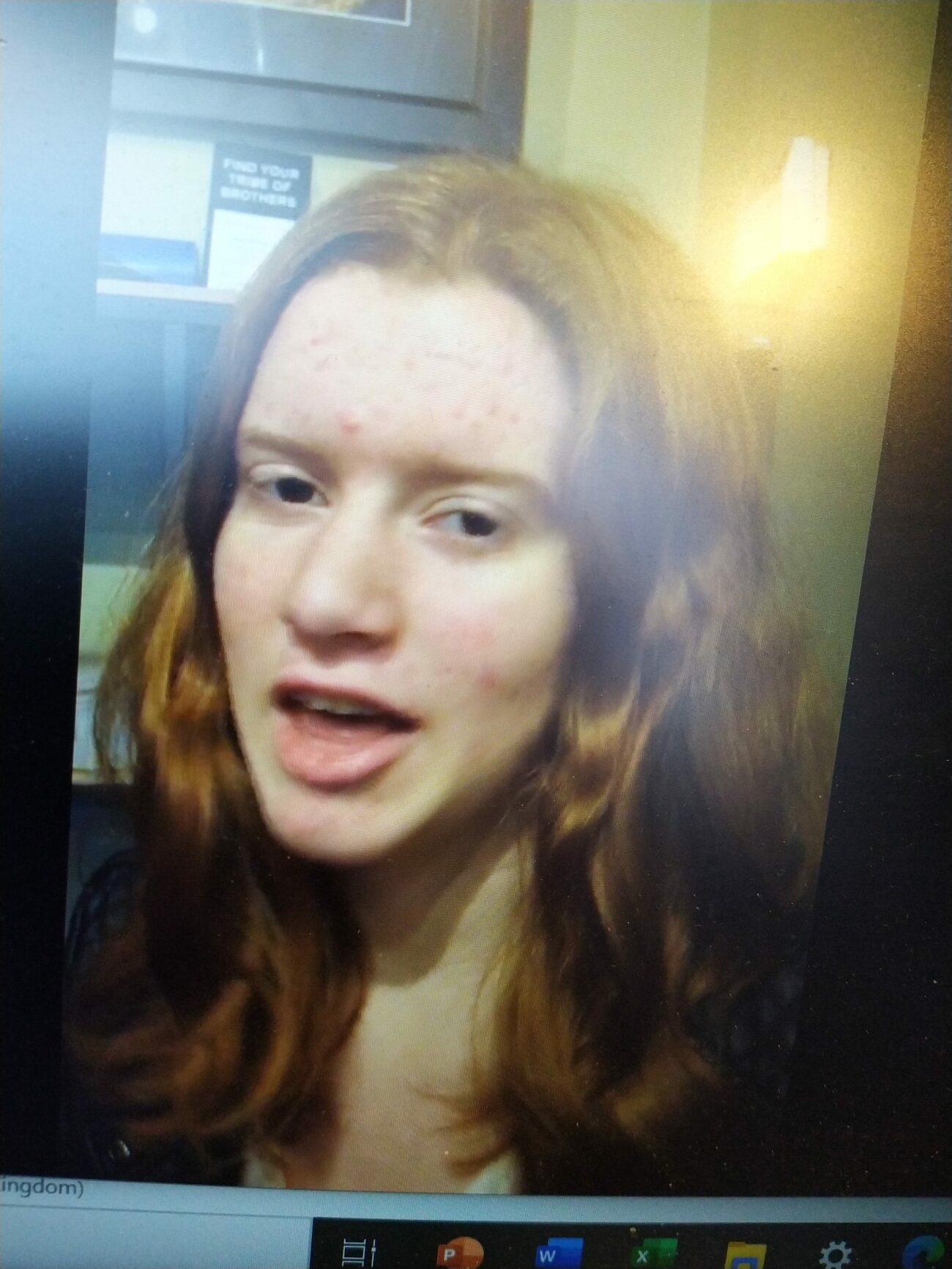
Filed by Adrienne Russell. “It is our future on the line. Maybe you won’t be around to see the worst of the climate crisis, but we will! We deserve to have a future and growth like you guys do. Take action now”, says Grace Lambert.
“That’s so cute”, people used to say when Jamie Margolin and friends started to take climate action. That’s because she was 18 and most others associated with her were of her age or younger. That has not deterred her and others from doing what they thought was the best. “I think in the way the climate crisis has been covered, the thing that has really disturbed me is the way that media talked about as,” says Jamie. “Look at what these kids are doing, that’s so cute.” She feels oppressed by the fact that kids are communicating facts, but media do not listen enough.
She has travelled in the US and Europe, meeting with youth leaders like Greta Thunberg and politicians. She just came out with a book. She founded Zero Hour.
People have their own perceptions about the climate activists and their climate actions. “We have faced negativity in comments”, says Grace, a 17-year-old senior in high school.
“I don’t feel like we’ve gotten any actual criticism from people. If you look at the really conservative media stuff, obviously, there was going to be like, “Protests do nothing,” or like, “They’re just blocking the streets, or skipping school, or whatever,” but I feel that for everyone that we’ve actually talked with, it’s been great,” says Grace.
From doubts to conviction –
Jamie got engaged with climate activism back in 2016, right after the elections. She always cared about the climate crisis and was worried about it but was not sure how to move ahead. “I wanted to make a difference, but I didn’t know how. No one really tells young people how. I didn’t act on my fear until the election of Donald Trump,” she said.
Then one day she called up a local environmental organization called Plant for the Planet and wanted to get involved with them. Jamie recalls, “I said, “Hey, I’d like to get involved. I don’t know how or what I’m doing but I’d love to make a change and take action on climate.” The person who answered the phone was like, “OK, yeah we’d love to have you. Just come to one of our meetings.” I did and then it’s just been like that ever since. Then it just snowballed”.
Grace says she got involved through the climate strikes. “I saw US in climate strikes first post on social media, and I just told my dad that I was going to do it, that I was going to go that day”.
They had a map of the US in their website, and they did not have anything going on in Washington state. I sent them an email and was like, “Hey, is this map fully updated? What can I do?” They had nothing going in our area and then Grace became the state lead.
Both of them have faced criticisms in social media and have not been very hopeful about media coverage of the climate strike. However, they have been making their points as forcefully as they could.
The way ahead –
Real climate change issues need more attention, beyond the social media buzz. “Right now what happened in the United States, I think the most pressing issues with climate change are wildfires, the hurricanes, and natural disasters as well as the outbreak, all of the cancer and health impacts that is happening right now because of the climate crisis,” says Jamie.
She adds that people in many parts of the country are getting extremely high rates of asthma because of the fossil fuel infrastructure.
“Not only is it the politicians who allow stuff to happen, but it’s capitalism and all of those different companies that say, “Don’t litter, be clean,” and then are polluting the environment exponentially more than anyone else”, says Grace.
The main message that Grace would like to give to political leaders be like, “they should not be holding political office if they’re not willing to put everything aside to tackle this biggest issue that we are facing right now.”